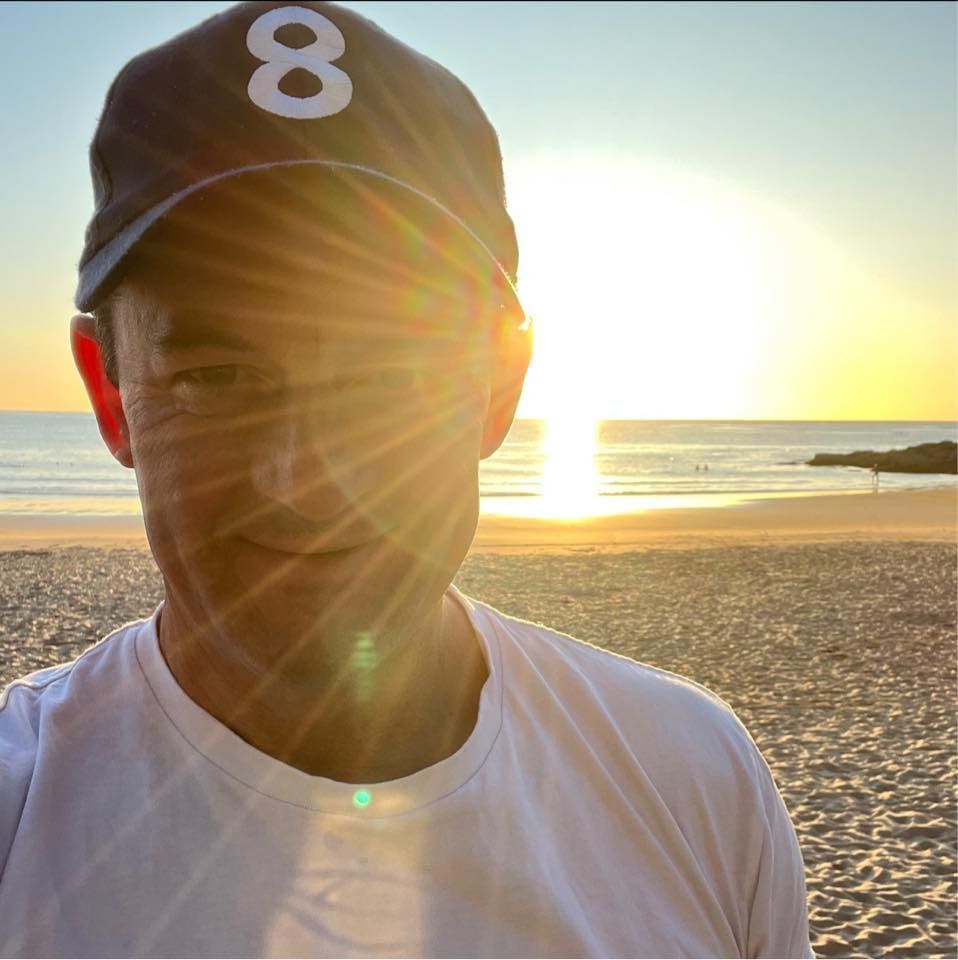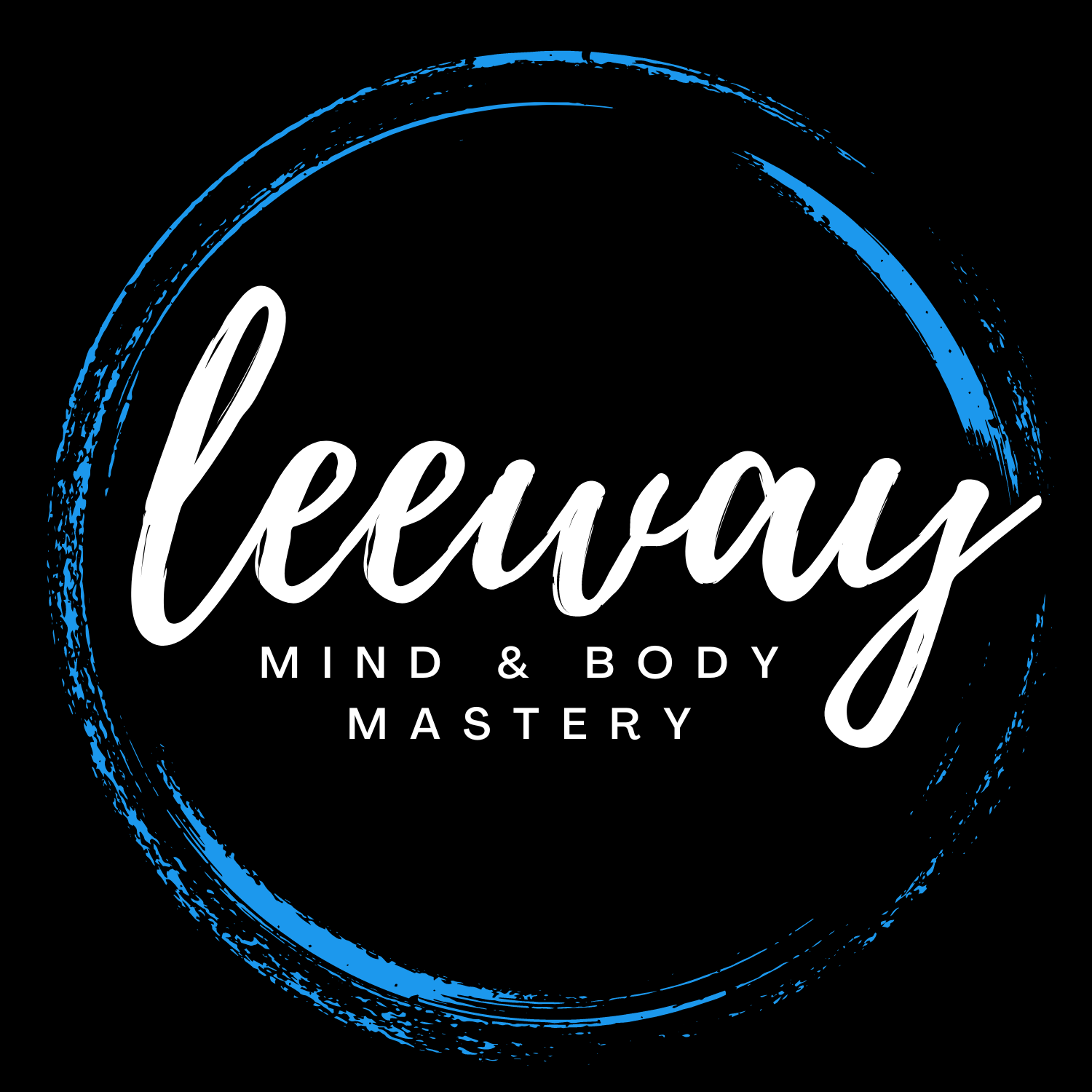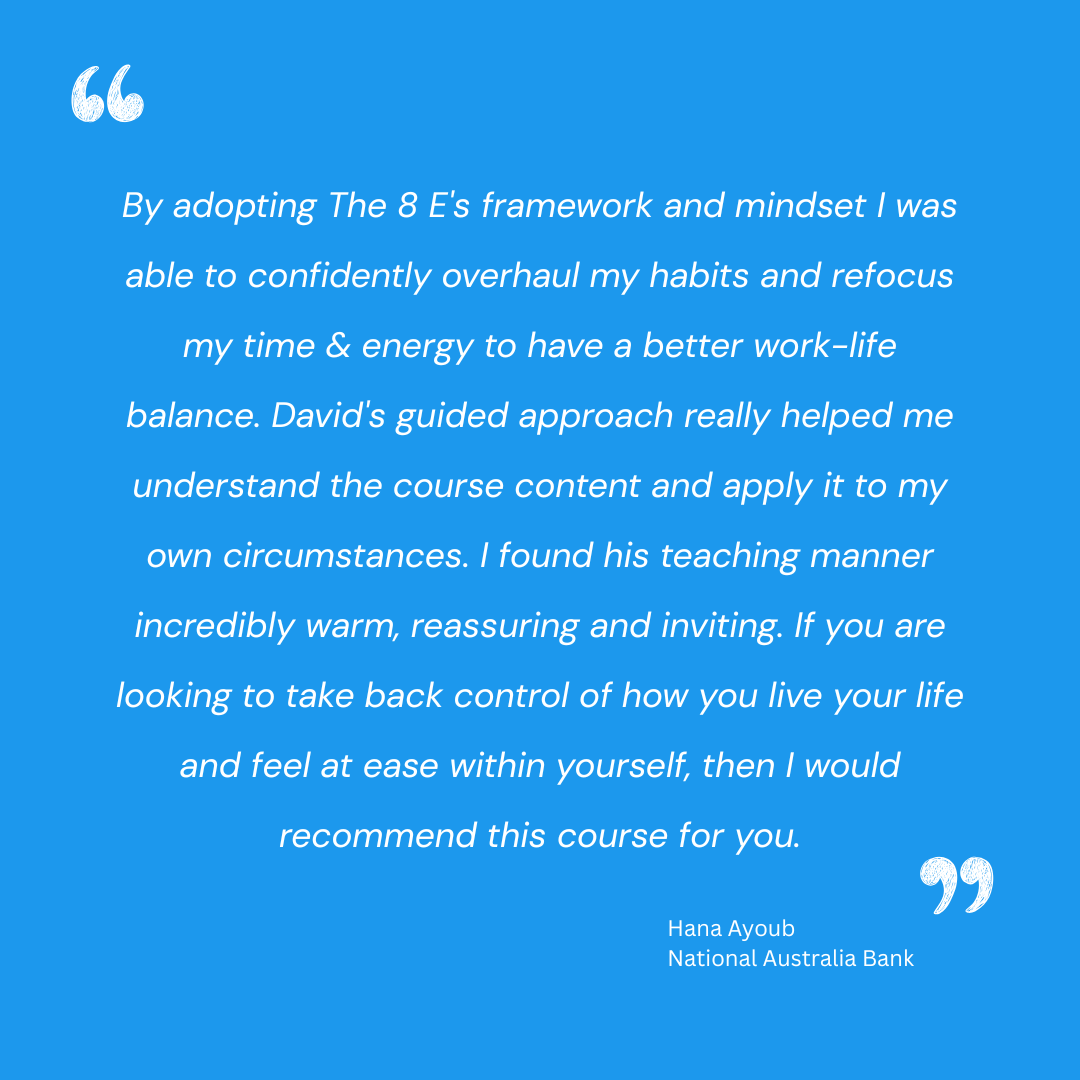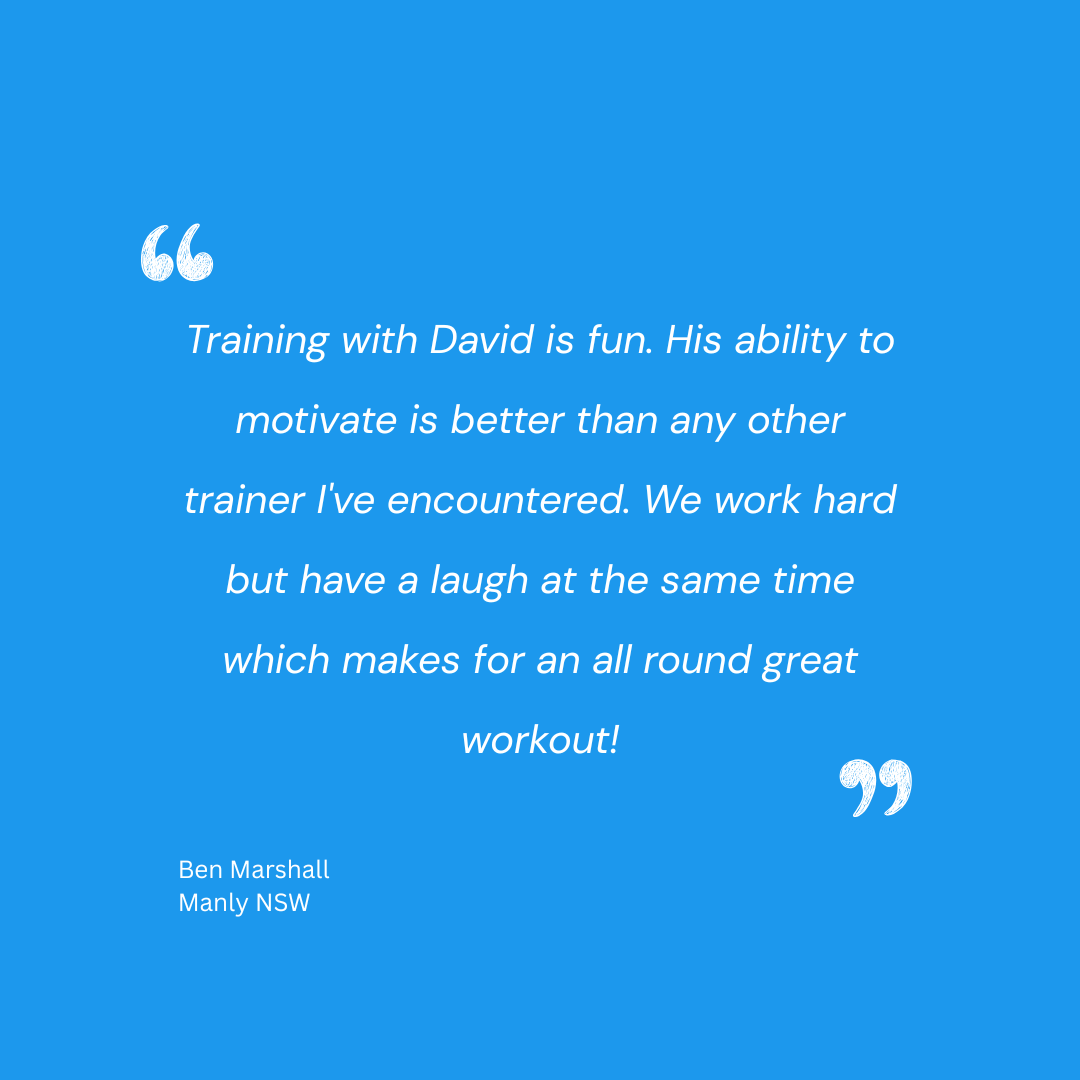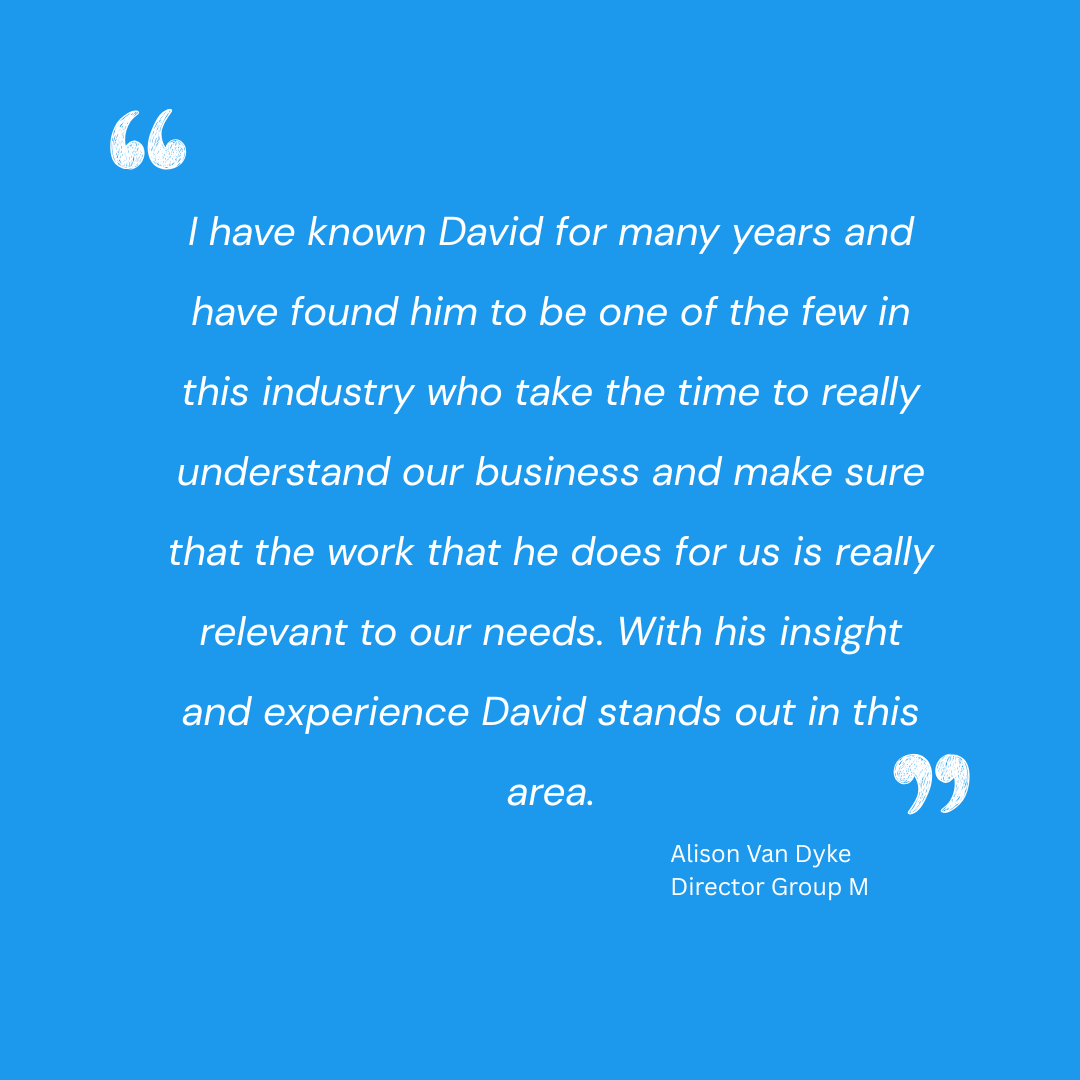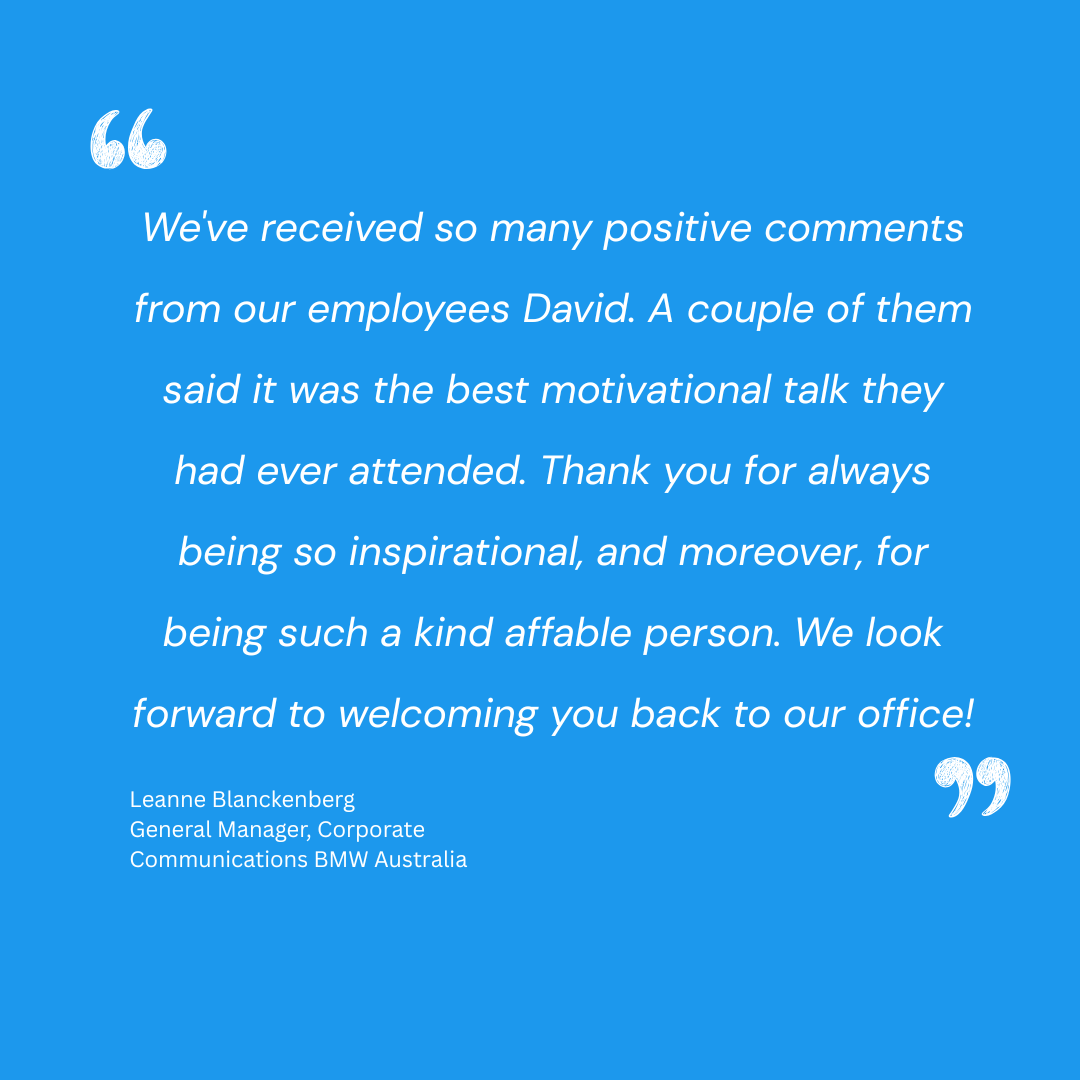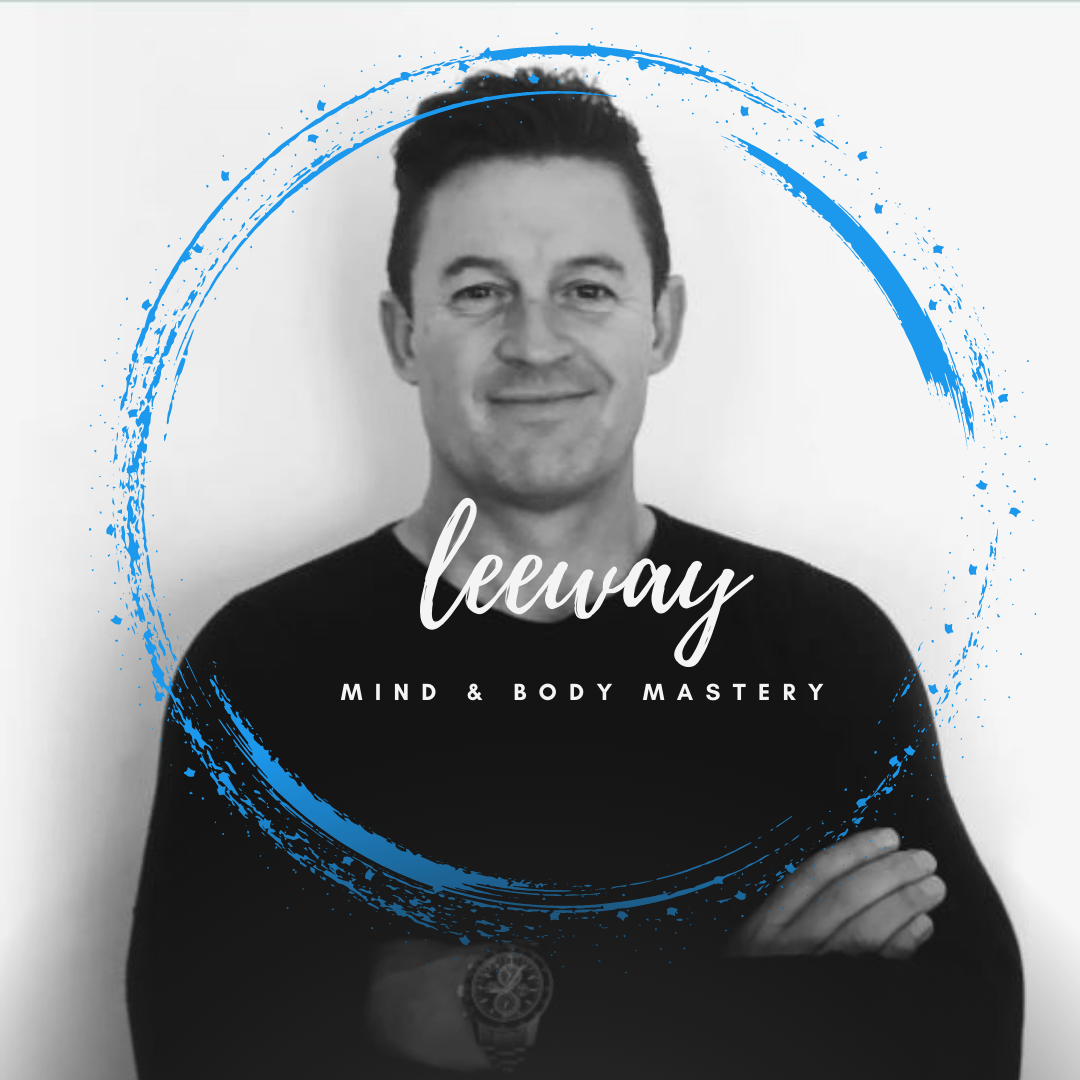The Simple Solution To Treat Winter Depression
What is seasonal affective disorder (SAD)?
We’ve all heard that “a healthy body is a healthy mind”
Have you ever heard the saying “A summer body is made in winter”?
I woke up this morning with the thought “a summer body, is a winter’s mind.”
The naysayers out there will criticise body image and write it off as vanity.
I used to say that “fitness is the payoff of vanity”. Now I say, “the greatest payoff of fitness, is sanity”. A healthy body, is absolutely a healthy mind.
On the first day of winter here in Australia, we are also heading into the prevalence of what is known as SAD, Seasonal Affective Disorder a change in mindset brought on by the change in seasons.
What are the main symptoms of SAD?
According to the American Psychiatric Association, they are:
- feeling depressed most of the day, almost every day
- anxiety, carbohydrate cravings and weight gain
- extreme fatigue and lack of energy
- feelings of hopelessness or worthlessness
- trouble concentrating
- feeling irritated or agitated
- loss of interest in usually pleasurable activities
- sleeping problems (usually oversleeping).
Whilst our winter in the main, is nowhere near as cold as it can be in the States, we are none the less susceptible to SAD.
And how do I stop seasonal sadness? you ask.
I’m a preventative hypochondriac. Everything I do from a wellness perspective, is designed to avoid what I may feel might make me unwell and with SAD on its way I’m ramping up the prevention by ramping up the panacea. (I've just committed to running 100kms during June to raise money for the Smith Family, which has locked me into the contract)
I work with my clients on both their minds and their bodies, so I’m not interested in making you do burpees, just because everybody dislikes burpees. I’m interested in getting you to do burpees for the sense of achievement you will experience, the dopamine rush you will receive and the overall benefits to your mind as well as your body from a full body discipline such as burpees.
The word “discipline” is from the Latin word disciplina, meaning “instruction and training.” It is derived from the root word discere—”to learn.”
It is from the word discipline, that we get the word disciple. Christians would know that disciples were the early followers of Jesus Christ.
As a disciple of yourself, follow the practice of self-discipline.
Spare a thought around getting out of bed in the morning.
Epictetus wrote "What assistance can we find in the fight against habit? Try the opposite"
What's the opposite of hitting the snooze button and staying in bed?
With all his Stoic wisdom, I would only change the word Try to DO!
Looking after your health and fitness is the one sure way to increase the odds in your favour, of waking up tomorrow, to be able to get out of bed at all…
Everything is hard at the start. Adopt a start, stop, continue mindset.
Not everything you are doing is working against you, so write out a list of habits that you will start, a list of habits that you will stop and a list of habits that you will continue.
Start, Stop, Continue.
You must stop the bad habits. You must stop the sleep ins, you must stop the excuses, you must stop eating everything on your oversized plate.
One of the simplest wellness mnemonics I’ve developed is LEANER.
Less
Eating
And
Normalise
Exercise
Routines.
Einstein said “you can't solve a problem with the same mind that created it” I'm no Einstein, but it doesn't take a lot of brains to recognise you can't lose weight with the same eating and movement habits that got you into the shape you are in right now.
The magic of my LEANER program is that it doesn't take anywhere near as long for you to lose the trappings of the lifestyle you have adopted or run the risk of adopting, as it did to find them.
It really is a matter of what goes in has to be less than what goes out. If you're not prepared to get up early and pound the pavement or hit the cold metal of the barbell or kettlebells then don't, but don't expect miracles; even praying burns calories ( if you get down on your knees.. )
So let's start with something as simple as you getting out of bed in the morning.
Get down on your knees and get up again, get down on your knees and get up again, get down on your knees and get up again... Do that 10 times on a soft mat or carpet and then add one more get down and get up every single day.
Then, when you get down on your knees why don't you try getting down on your hands and knees and working that into a pushup?
When you get to the breakfast table or wherever it is that you do eat your first meal of the day, eat one thing less of everything unhealthy or calorie dense that you’re eating each day and make sure your first meal includes protein. Protein comes from the Greek prōteios, meaning “holding first place" or of first importance.
If removing one things starts with taking milk, or sugar out of your coffee, start there. The first thing I hear is “but I don't like black coffee” or “I don't like my coffee without sugar” or (insert your first excuse). Excusers work around what they don't want, but they're not prepared to do what they must in order to have what they do want.
The great philosopher Fat Bastard from Austin Powers, said it best when he said “I eat because I'm unhappy and I’m unhappy because I eat”
My father used to say when I was a young bloke doing something stupid, “WAKE UP TO YOURSELF!”
And when you break that down, we pretty much wake up to ourselves every single day - what sort of a self do you want to wake up to everyday?
Let's make sure that you do wake up in the first instance. However, If you need professional help to assist you on this journey of discipline, you can lodge your request here. Sure we can help you.
Start, Stop, Continue & practice the discipline of LEANER well.
DL
Don’t keep this to yourself. Spread the word.
